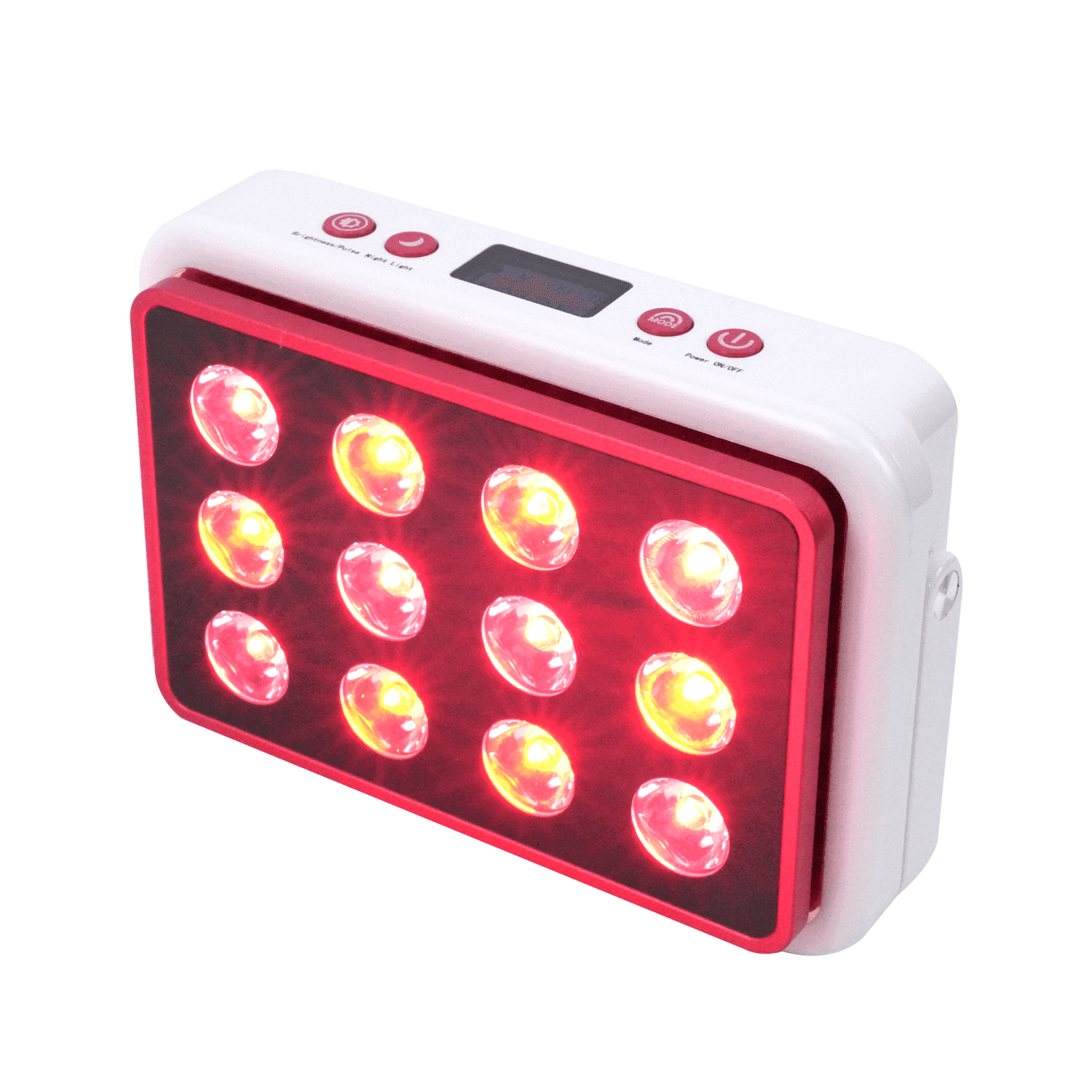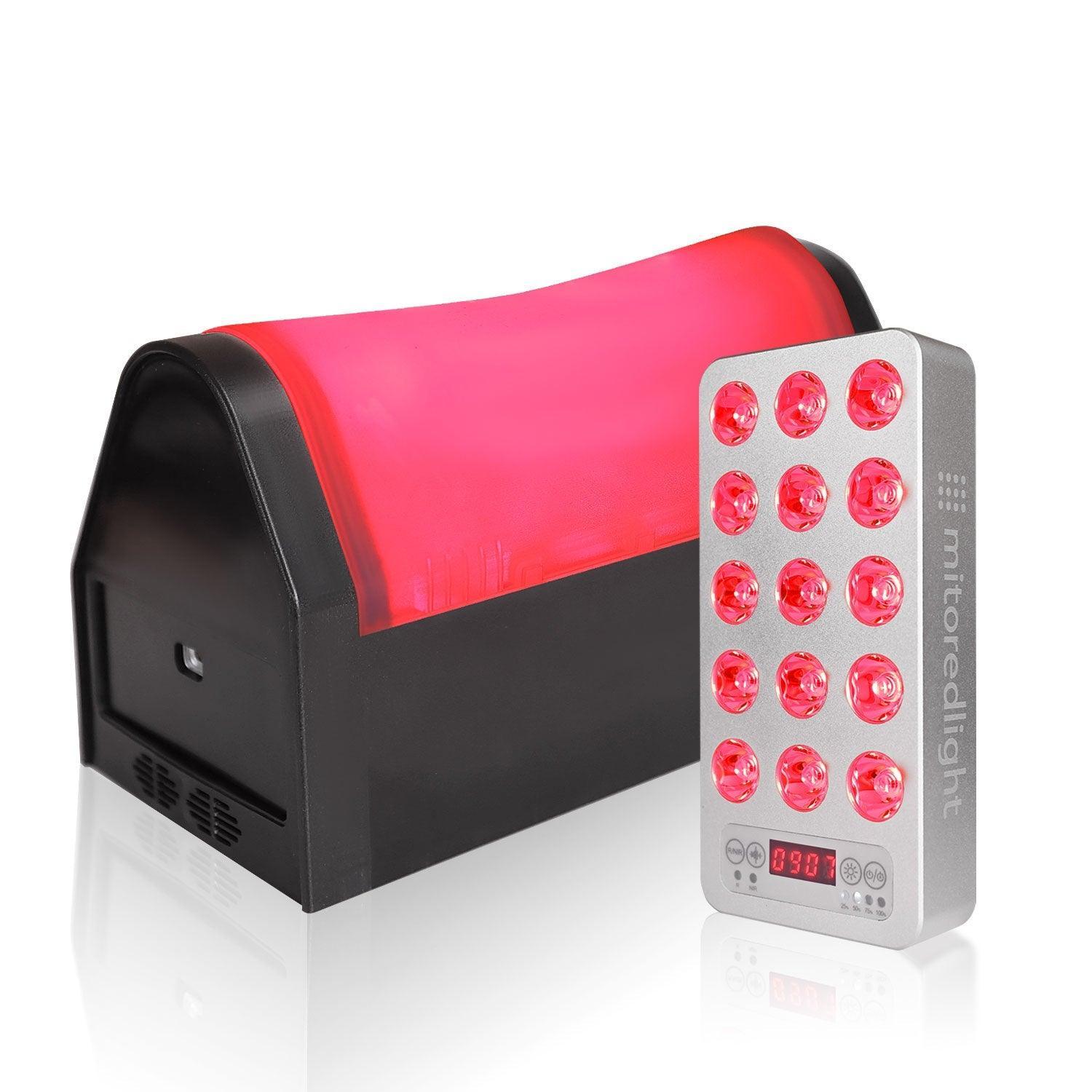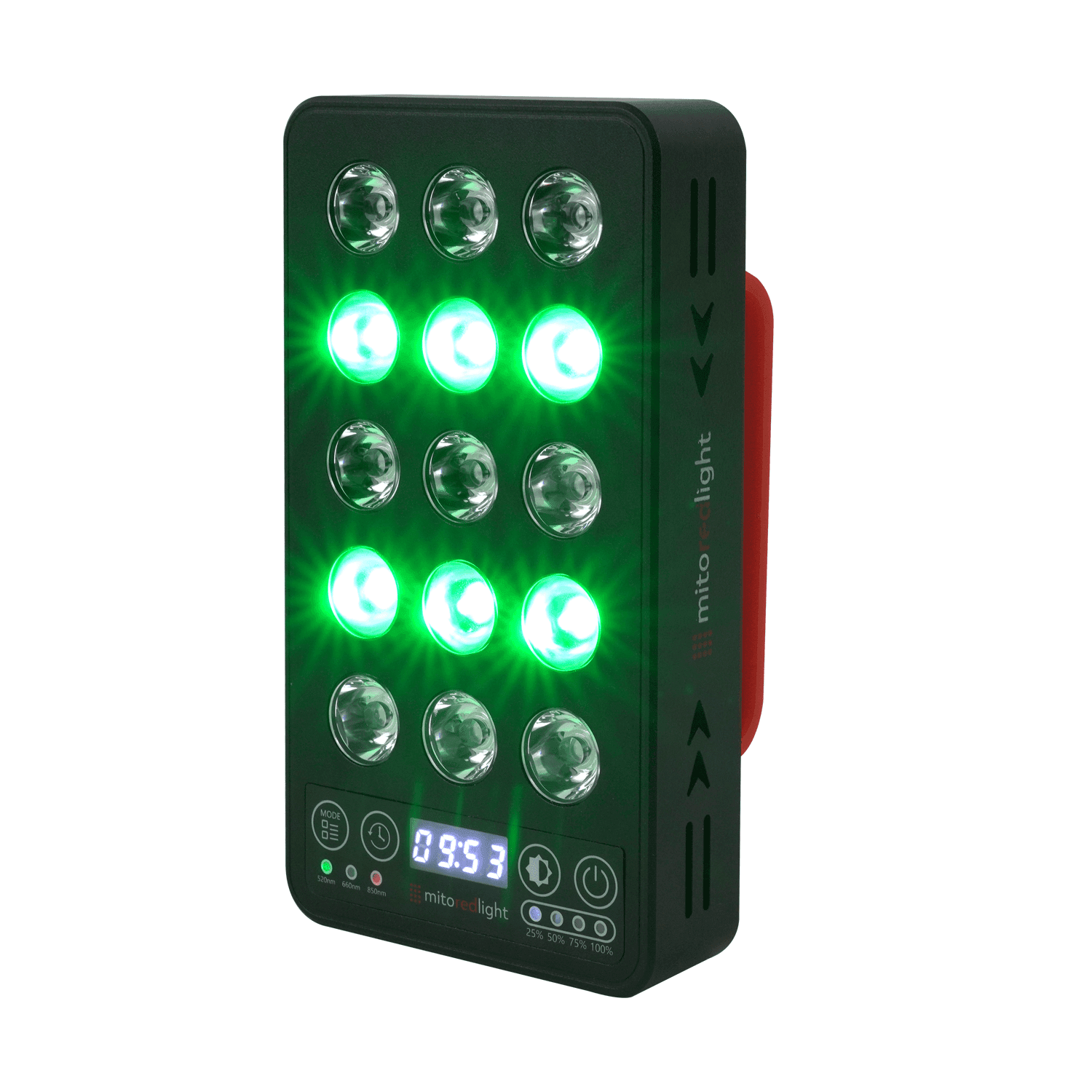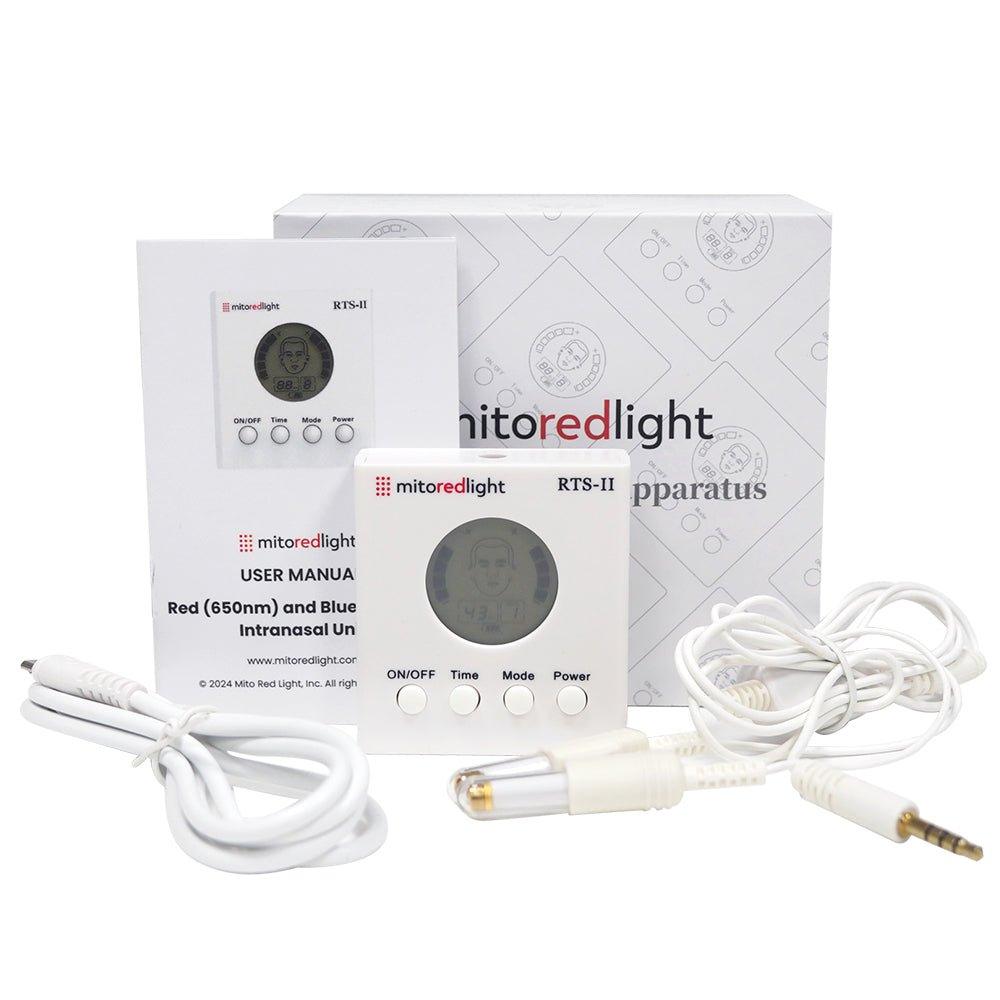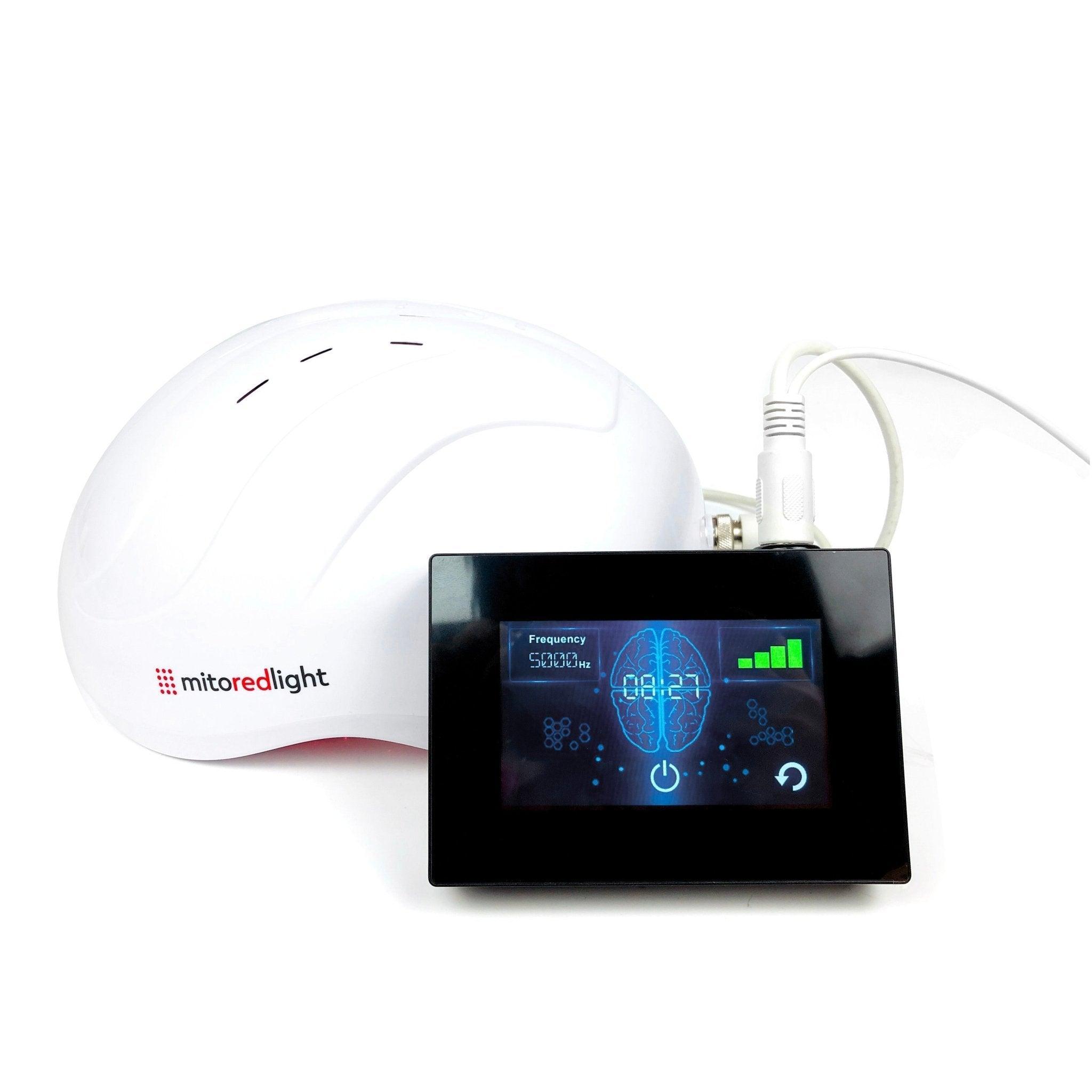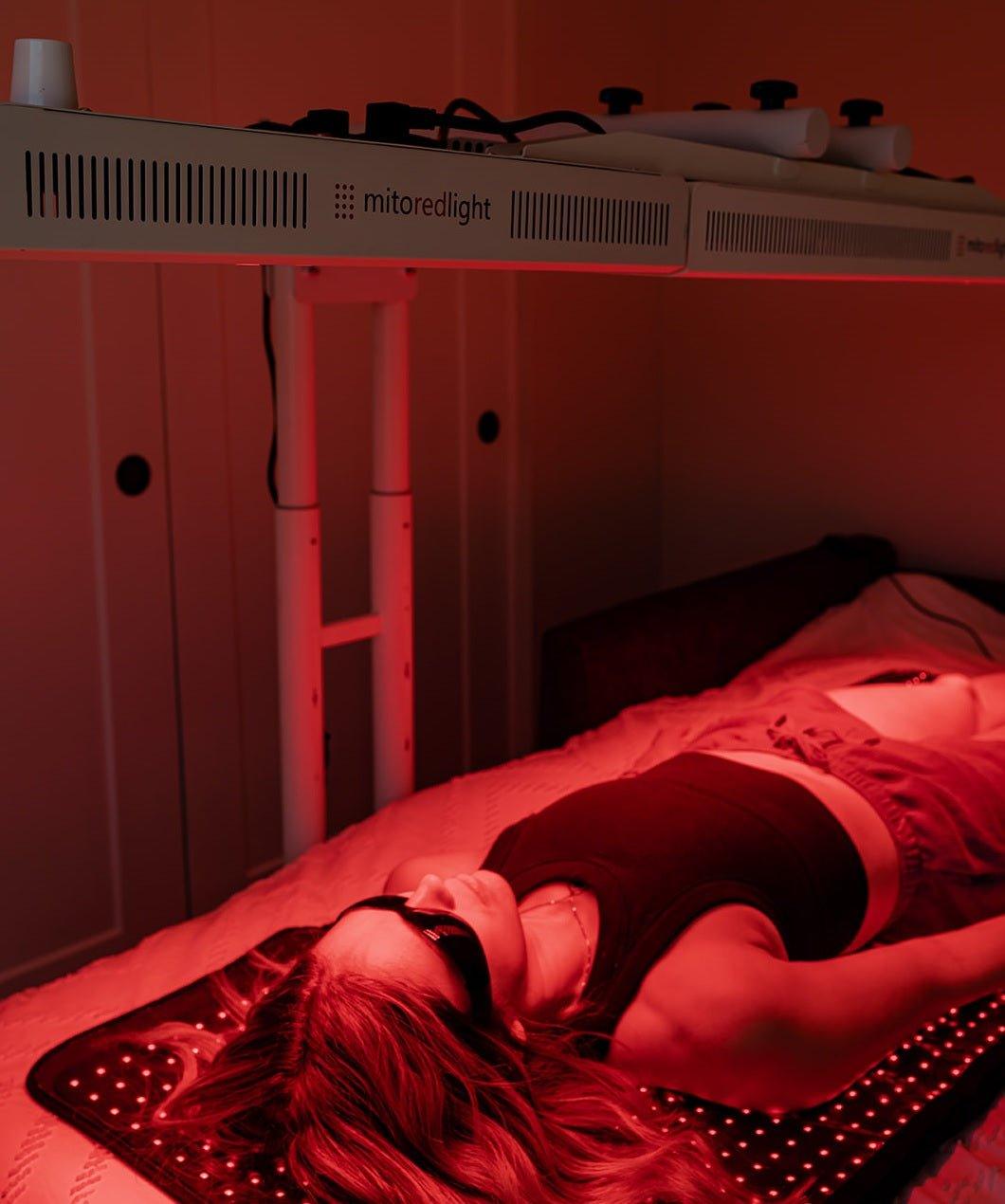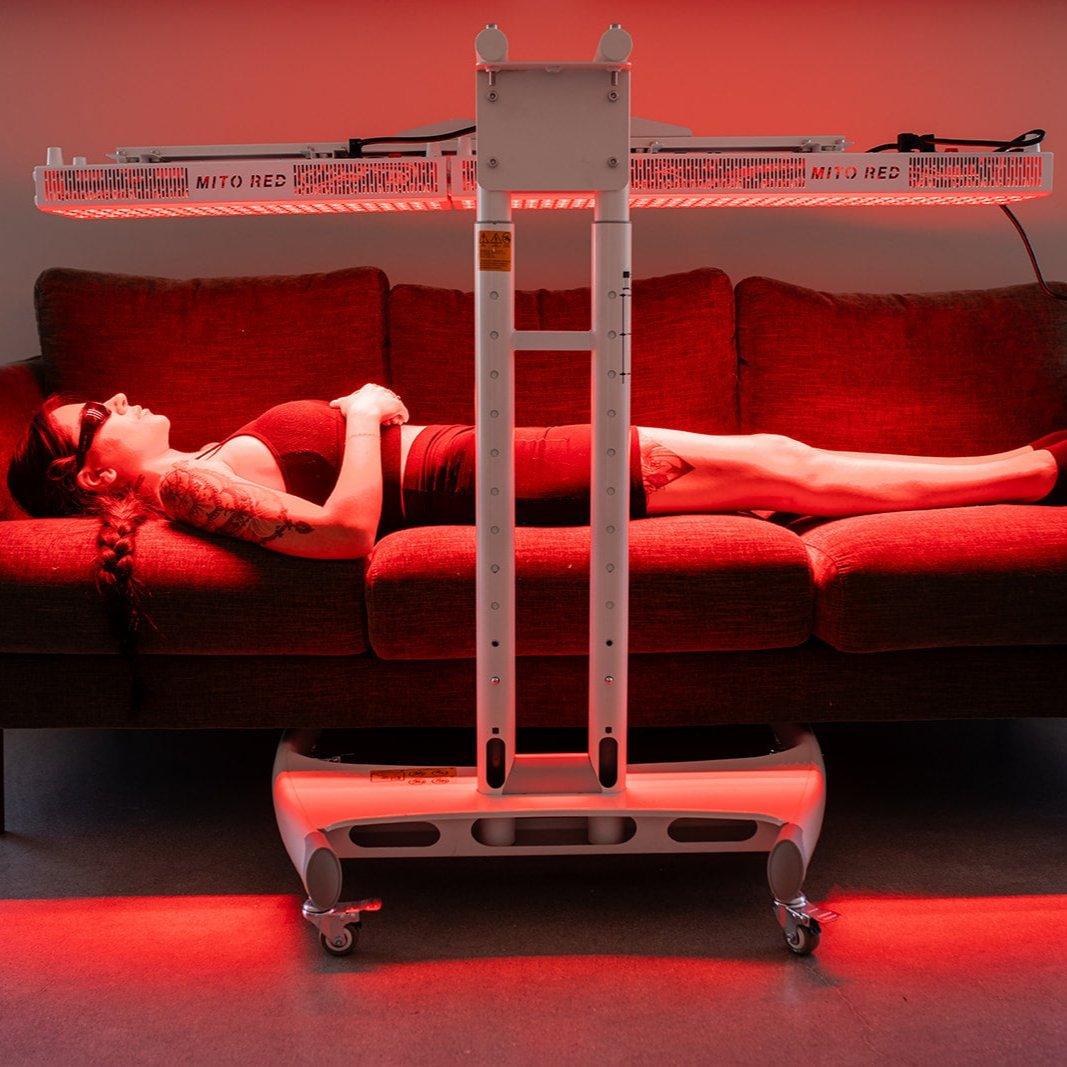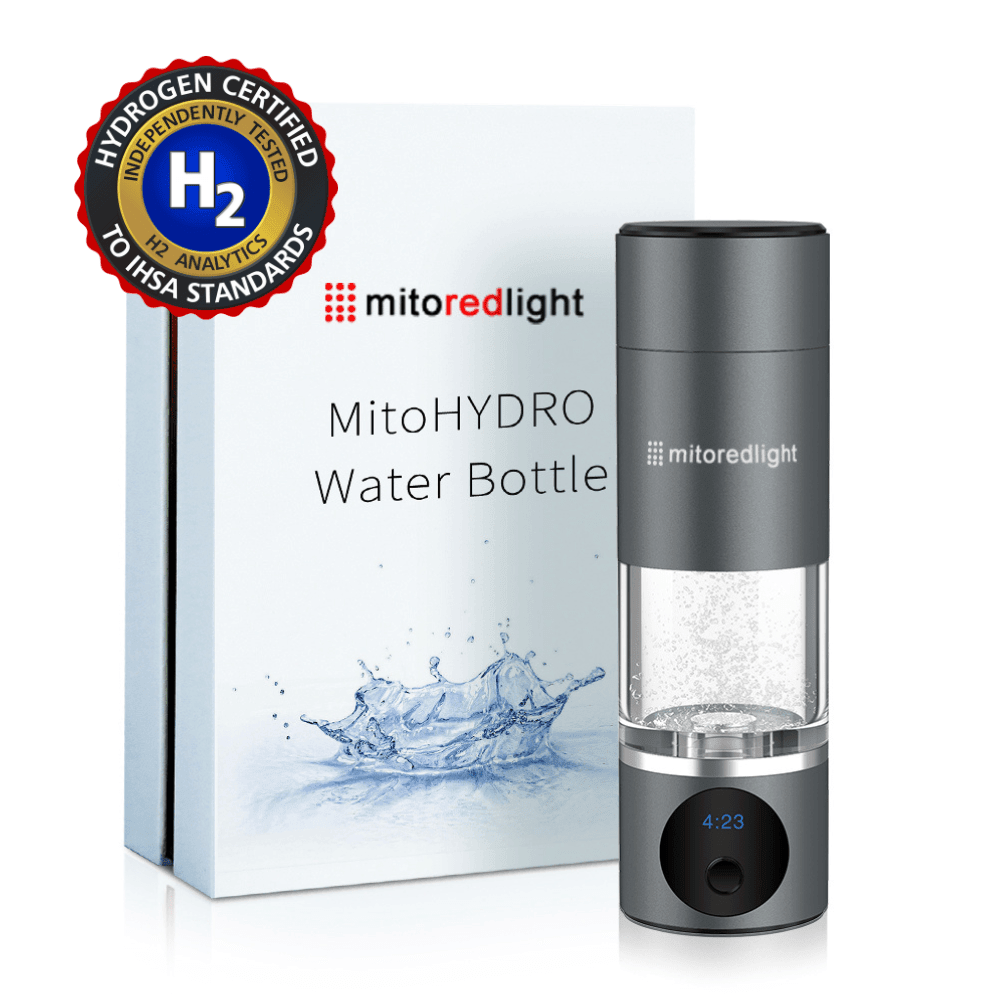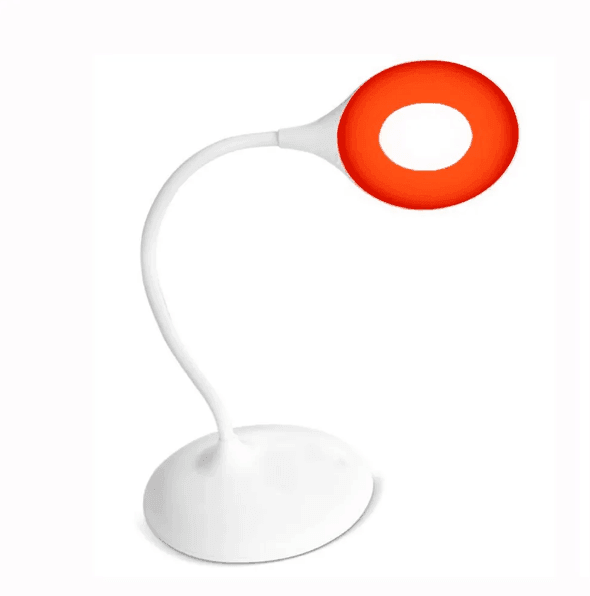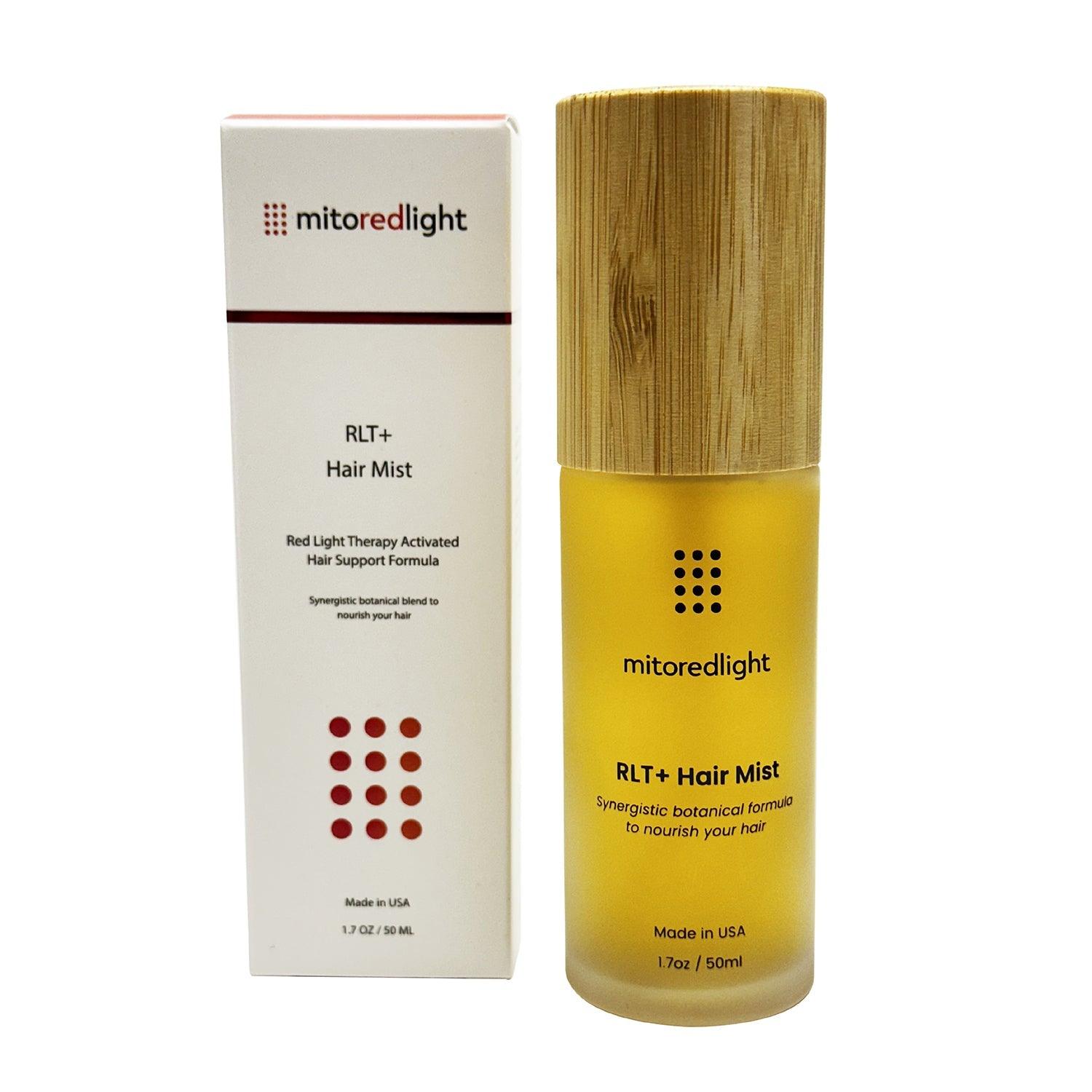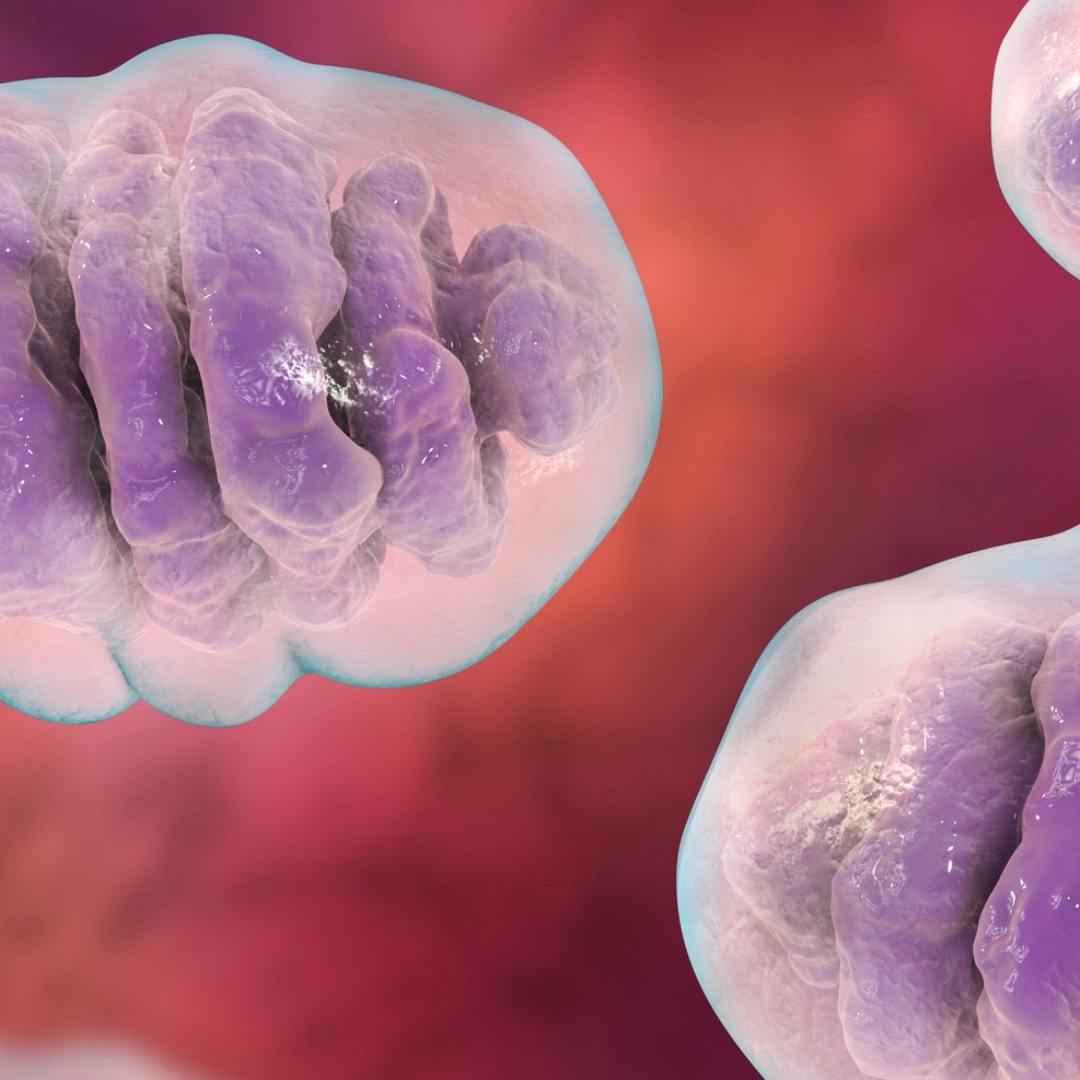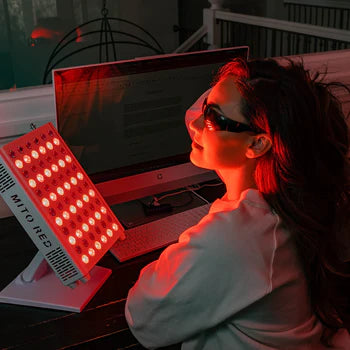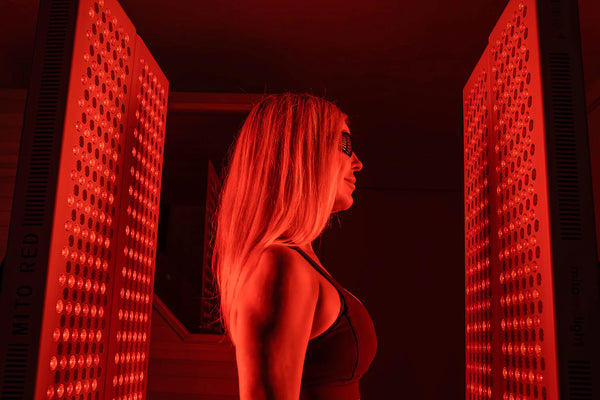Immune thrombocytopenia (ITP) is an autoimmune hemorrhage disorder. The first-line treatment of this disorder is corticosteroids, followed by thrombopoietin (TPO) receptor agonists such as Nplate, and/or splenectomy. Yet, the extended usage of corticosteroids or the expensive Nplate, coupled with the implications of splenectomy, raises concerns due to the array of associated side effects and an escalated vulnerability to subsequent complications. The current investigation shows that while anti-platelet antibodies and ITP plasmas hinder megakaryocyte differentiation and maturation and impair proplatelet and platelet formation in ex vivo culture of umbilical cord human CD34+ stem cells (cHSCs), low-level laser (LLL) treatment or photobiomodulation (PBM) effectively mitigates these detrimental impacts. PBM reinstated megakaryocyte differentiation and maturation, bolstering proplatelet and platelet formation in the presence of auto-platelet antibodies or ITP plasmas. The mitigating effects of PBM appear to pivot on its capacity to uphold cellular mitochondrial functionality and rectify the mitochondrial impairments engendered by anti-platelet antibodies or ITP plasmas. These findings underscore the potential of PBM as a safe and cost-efficient alternative for the management of a specific subset of ITP patients.



